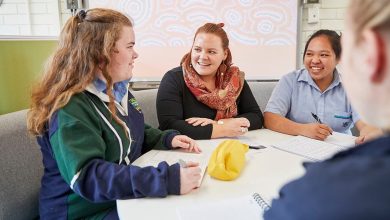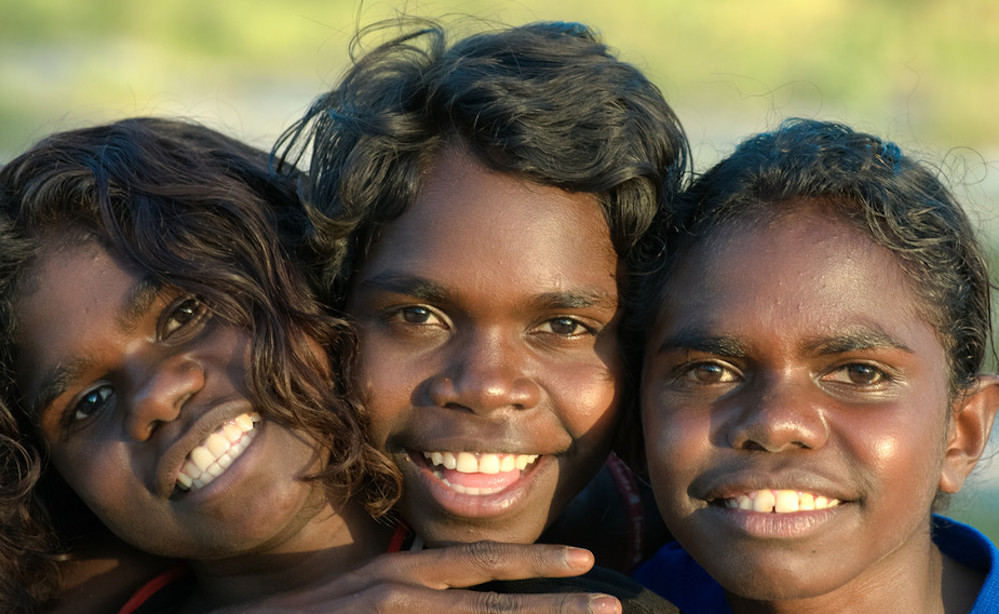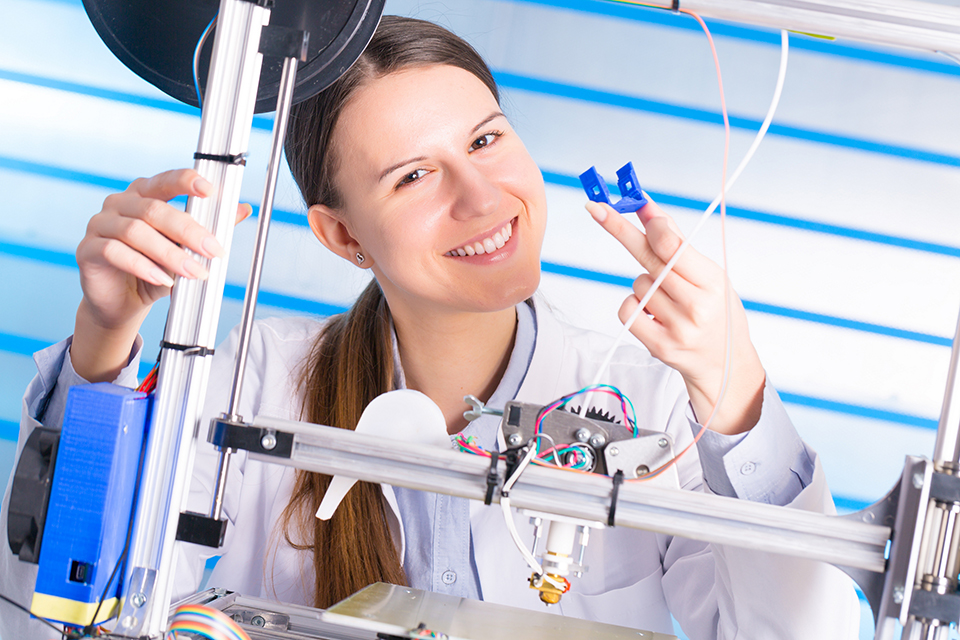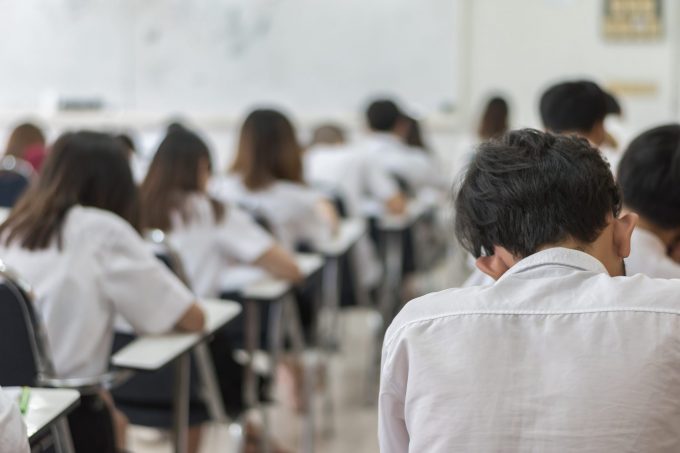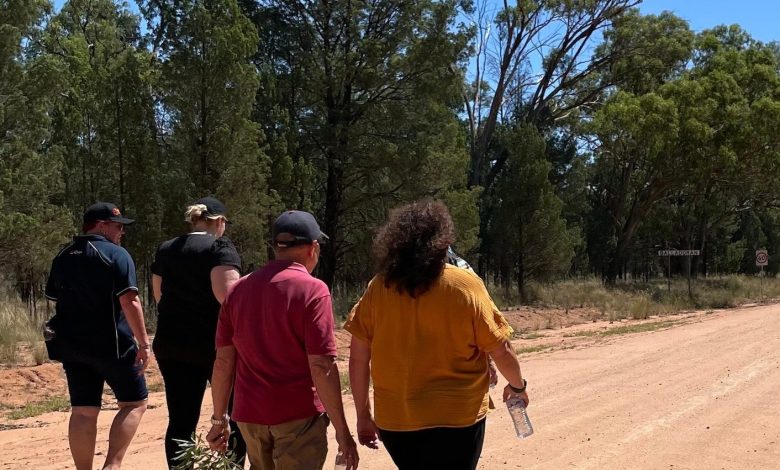
The Culturally Nourishing Schooling (CNS) project is seeking to transform educational practices and improve educational outcomes for Aboriginal and Torres Strait Islander students by placing Aboriginal voice at the heart of school policies, structures and teaching.
Read the latest print edition of School News HERE
Aboriginal Voices project
“The ‘Aboriginal Voices’ project began as a cross-institutional collaboration between 13 Indigenous and non-Indigenous scholars looking to answer one overarching question”, explains Associate Professor Kevin Lowe, a Gubbi Gubbi man from southeast Queensland and Scientia Indigenous Fellow at UNSW.
“What are the issues affecting the underachievement of Indigenous students in Australia and how can research inform solutions to the complex and inter-related issues needing to be addressed?”
By undertaking systematic reviews of recent Australian research, the group hoped to identify research what “would deepen our understanding and highlight possible solutions to the issues affecting the schooling of Indigenous students.”
From that research came the Culturally Nourishing Schools Project, aimed at implementing whole school reform by ensuring Aboriginal voice and knowledge was at the centre of all aspects of education, from policy to programs, structures to teaching methods.
Eight participating schools were chosen for their high populations of Aboriginal and Torres Strait Islander students and their diverse locations, including urban, regional, rural, and remote settings:
• Alexandria Park Community School (urban)
• Matraville Sports High School (urban)
• Oak Flats High School (regional)
• Tweed River High School (regional)
• Gilgandra High School (rural)
• Lake Cargelligo Central School (remote)
• Condobolin Public School
• Condobolin High School (remote)
Role of Cultural Mentors
In each school, members from the local Aboriginal community become Cultural Mentors, and guided non-Aboriginal teachers in adopting localised, culturally nourishing approaches to relationship building and teaching.
This strategy has become a cornerstone of the project and helps educators:
• Embed local knowledge, histories, and cultures into the curriculum.
• Address deficit discourses that negatively impact Aboriginal students.
• Develop collaborative relationships with families and communities to share decision-making over what is taught, why it is taught, how it is taught and how learning is assessed.
“These ambitions are designed to improve the schooling experiences of Aboriginal learners, and indeed all learners,” explains Lowe. “[It] enables the development of trust relationships between Aboriginal communities and schools.”
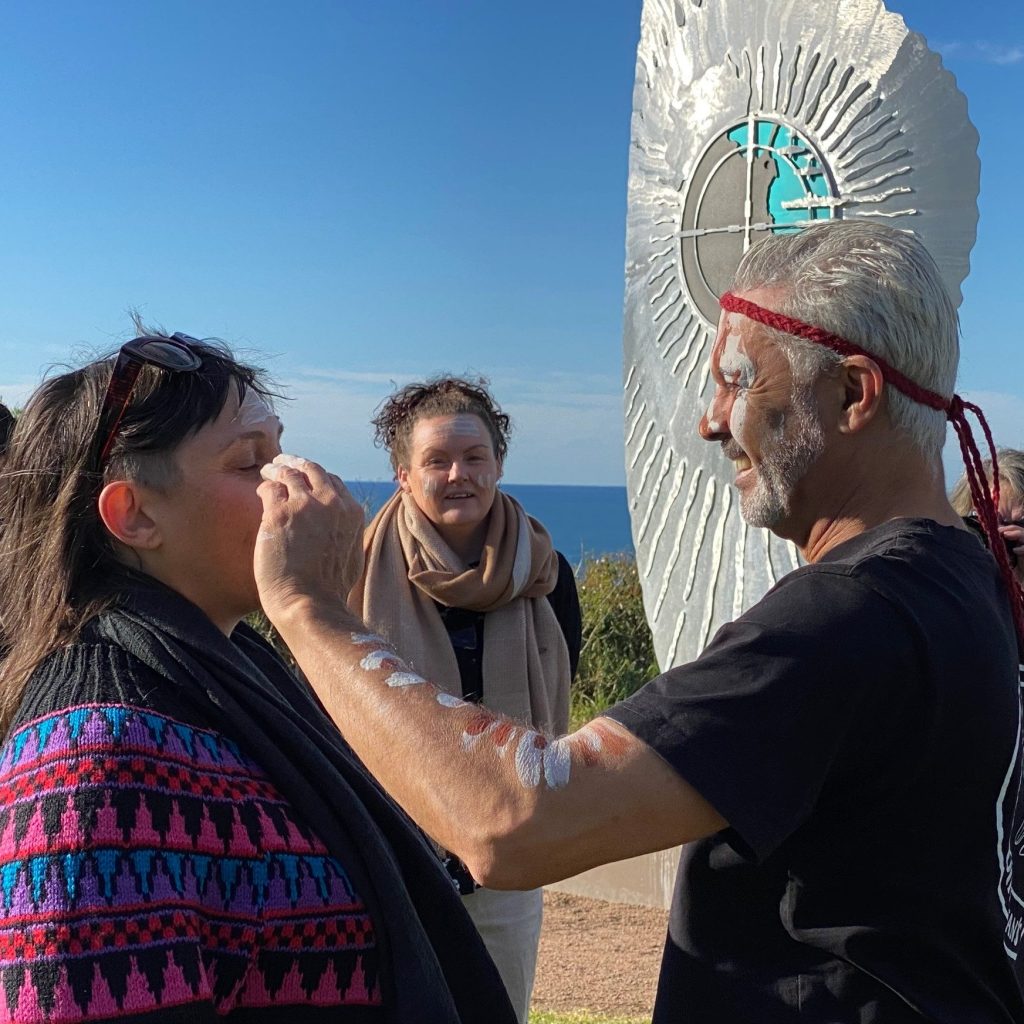
Professional learning for whole-school change
Since the fundamental aim of the CNS project is to establish a whole-school model that supports the needs and aspirations of Aboriginal and Torres Strait Islander students, teachers involved in the project are required to participate in targeted professional learning strategies designed to build their confidence and knowledge, while transforming their practice such as:
1. Curriculum workshops: which align curriculum content with local cultural knowledge to create authentic teaching and learning opportunities.
2. Professional learning conversations: which provide teachers with an insight into the key issues affecting the relationship between Indigenous peoples and schools.
3. Culturally nourishing pedagogies: to help shift from deficit-based perspectives to valuing and celebrating cultural wealth.
Also central to the CNS approach is “Learning from Country,” where teachers and students leave the school grounds and engage directly with Aboriginal Elders and community members on Country.
“Where teachers and students walk with and learn from Elders and Aboriginal community members… Aboriginal voices, culture and Country are positioned as ‘front, centre and foundation’ of learning,” explains Lowe.
Broader impact and future goals
While the CNS project focuses on eight partner schools, its early successes including:
• Increased teacher confidence in engaging authentically with Aboriginal students,
• Improved class attendance and student engagement,
• Enhanced cultural pride and a sense of belonging among students,
will have far-reaching implications for systemic reform. Phase two of the CNS project aims to share data collected from focus groups, interviews, and surveys with policymakers and educational leadership networks to influence national education policies and practices.
“All students benefit when schools shift educational discourse and practice from tokenistic approaches to deep epistemic and pedagogic inclusion of the world’s oldest continuous living cultures,” says Lowe.
Embedding Aboriginal histories and cultures into the curriculum not only means Aboriginal and Torres Strait Islander students are able to see themselves and their cultures in the curriculum, but all students can benefit from recognising, understanding and respecting Australia’s First Nations cultures.
Key Takeaways for Educators
For teachers seeking to build stronger relationships with Aboriginal and Torres Strait Islander students and communities, the CNS project offers actionable insights:
• Engage with cultural mentors to deepen understanding of local histories and cultures.
• Collaborate with community members to design culturally meaningful lessons.
• Foster an inclusive environment that values diverse perspectives.
• Prioritise professional learning to address biases and adopt culturally responsive practices.


